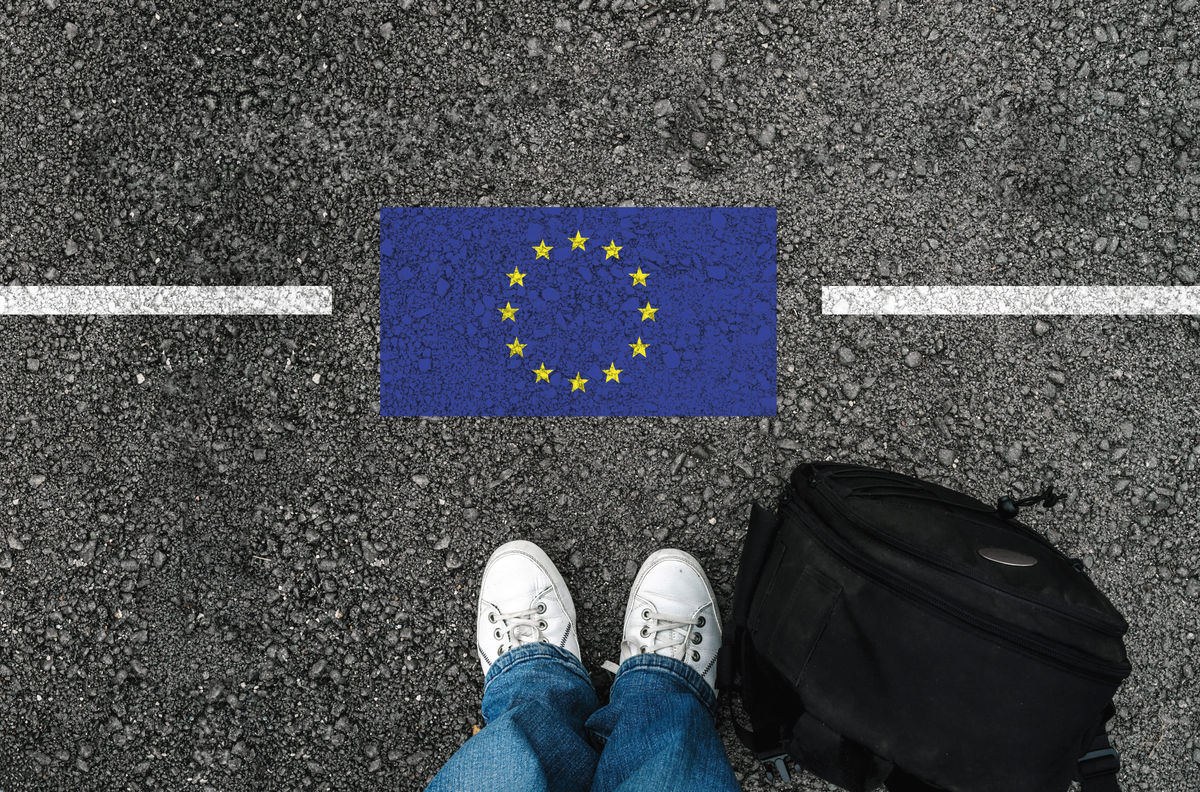Everything You Need to Know About Europe’s New Entry Requirements

The European Union is set to introduce a new entry system for travelers in the coming months designed to enhance the visitor experience and improve safety and security within the bloc.
Nonetheless, new rules and regulations come with added steps and costs for travelers.
Here’s everything you need to know about these new requirements for European travel.
What Is the EU’s Entry/Exit System?
The EU’s new Entry/Exit System or EES is a new biometric system relying on fingerprints and digital photos for identification to improve the traveler experience while enhancing border security, combating identity fraud and helping authorities to identify overstayers.
The system, which will bring an end to traditional passport stamping, will apply to non-EU travelers visiting the 29 participating European countries for short stays defined as up to 90 days in any 180-day period.
Officials in Cyprus and Ireland will continue to stamp passports.
When Does EES Take Effect?
EU Commissioner Ylva Johansson recently confirmed that EES will launch just ahead of the busy holiday travel period on November 10, 2024.

Traveler backpacking through Zurich, Switzerland. (Photo Credit: Vasily Makarov/Adobe)
“When that happens, it will be goodbye to passport stamping, hello to digital checks for all passengers from outside the EU—making travel easier and border checks gradually faster,” said Johansson. “At every single airport, every single harbor and every single road into Europe, we will have digital border controls—all connected, all switched on at the very same time.”
What Is ETIAS and How to Apply?
Following the launch of EES, the European Travel Information and Authorization System (ETIAS) is expected to roll out in the first half of 2025.
It will require roughly 1.4 billion travelers from more than 60 visa-exempt countries—including the U.S., Canada, Mexico and the UK—to link travel authorization to their passport to enter 30 European countries for short-term stays of up to 90 days in any 180-day period.
The authorization is valid for three years or until the individual’s passport expires.
The document will cost €7 or roughly $8 for travelers between the ages of 18 and 70. Travelers can apply on the official ETIAS website or through the ETIAS mobile app.
Which Countries are Participating in EES and ETIAS?
- Austria
- Belgium
- Bulgaria
- Croatia
- Cyprus (participating in ETIAS but not EES)
- Czech Republic
- Denmark
- Estonia
- Finland
- France
- Germany
- Greece
- Hungary
- Iceland
- Italy
- Latvia
- Liechtenstein
- Lithuania
- Luxembourg
- Malta
- Netherlands
- Norway
- Poland
- Portugal
- Romania
- Slovakia
- Slovenia
- Spain
- Sweden
- Switzerland
For the latest travel news, updates and deals, subscribe to the daily TravelPulse newsletter.
Topics From This Article to Explore
Related
Brits forced to pay fee to visit these 30 countries…
UK tourists will be required to pay a fee to visit 30 countries in Europe under new European Union (EU) travel rules.The rules mean British holidaymakers will n
The beautiful European island with just 148 locals
Irakleia is a beautiful island in the Minor Cyclades of Greece, nestled in the heart of the Aegean Sea and just an hour away from Naxos. Officially recorded t
Warning issued for Brits flying easyJet and Ryanair to popular…
Passengers flying with Ryanair, easyJet and British Airways should expect disruption (Picture: Urbanandsport/NurPhoto via Getty Images) Passenge










